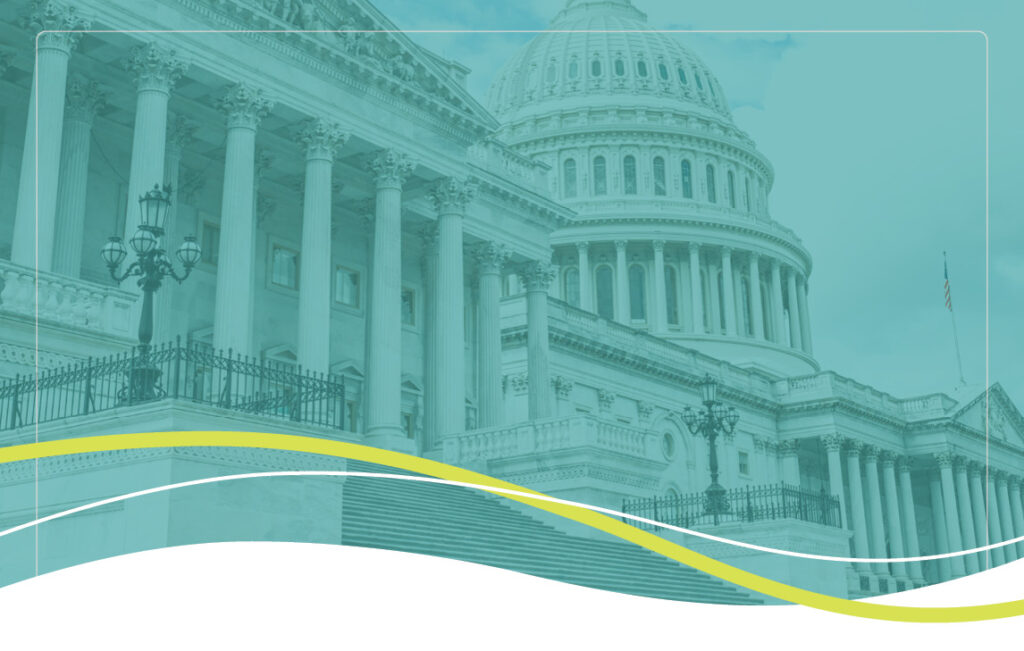TennCare Modified Block Grant Overview
The Modified Block Grant amendment to Tennessee’s Section 1115 waiver was approved on January 8, 2021, with the purpose of demonstrating that better financial alignment between the state and CMS will result in better health outcomes for Tennessee Medicaid (TennCare) members.
As originally designed by the state, the amendment in substance shares little in common with the traditional meaning of the term “block grant.” For example, left intact is the FMAP-based state-federal funding partnership of the program, as well as the requirement that the state remain subject to an annual budget neutrality or aggregate cap for its total (state and federal) annual spending. What changes is the state’s ability to earn federal dollars to be reinvested in its program in addition to the federal funding it receives from the FMAP calculation.
The state’s design of this shared savings approach was largely driven by its historical performance of underspending its aggregate funding cap each year. While this amendment now authorizes the state to begin earning a percentage of the federal portion of these unspent funds annually, CMS re-based the cap from its historical level to its actual program expenditures in 2019. This new 2019 base year expenditure level will be calculated for each eligibility category of the state’s Medicaid population and will be trended forward for each demonstration year using the applicable trends in the President’s budget, and will decrease (or increase) as the state’s Medicaid population decreases (or increases) by more than one percent. The cap is scheduled to be re-based again at the mid-point of the ten-year demonstration. Clearly, the re-basing of the cap will impact the amount of additional federal dollars the state can earn in any given year.
Other notable Medicaid policies embedded within this waiver include (not directly related to this new funding mechanism) TennCare receiving authority to implement a closed formulary for adults while maintaining its ability to participate in the drug rebate programs, receiving authority to add benefits to its program without undergoing a traditional waiver amendment process, and losing it decades-long waiver of retroactive eligibility for children and pregnant women.




